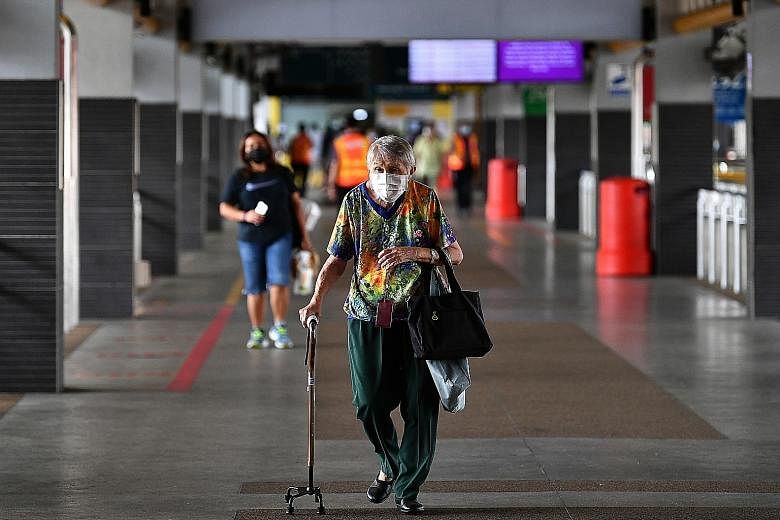All the seniors had a network of sensors installed in their homes for two months. They included motion sensors placed in their bedroom, living room and bathroom. There was also a bed sensor under the mattress that provided data on the user's length and quality of sleep.
A medication box fitted with a sensor was also given to the seniors. Each time the box was opened, data was generated and this was used to determine how frequently the seniors forgot to take their medicine.
Already a subscriber? Log in
Read the full story and more at $9.90/month
Get exclusive reports and insights with more than 500 subscriber-only articles every month
ST One Digital
$9.90/month
No contract
ST app access on 1 mobile device
Unlock these benefits
All subscriber-only content on ST app and straitstimes.com
Easy access any time via ST app on 1 mobile device
E-paper with 2-week archive so you won't miss out on content that matters to you


